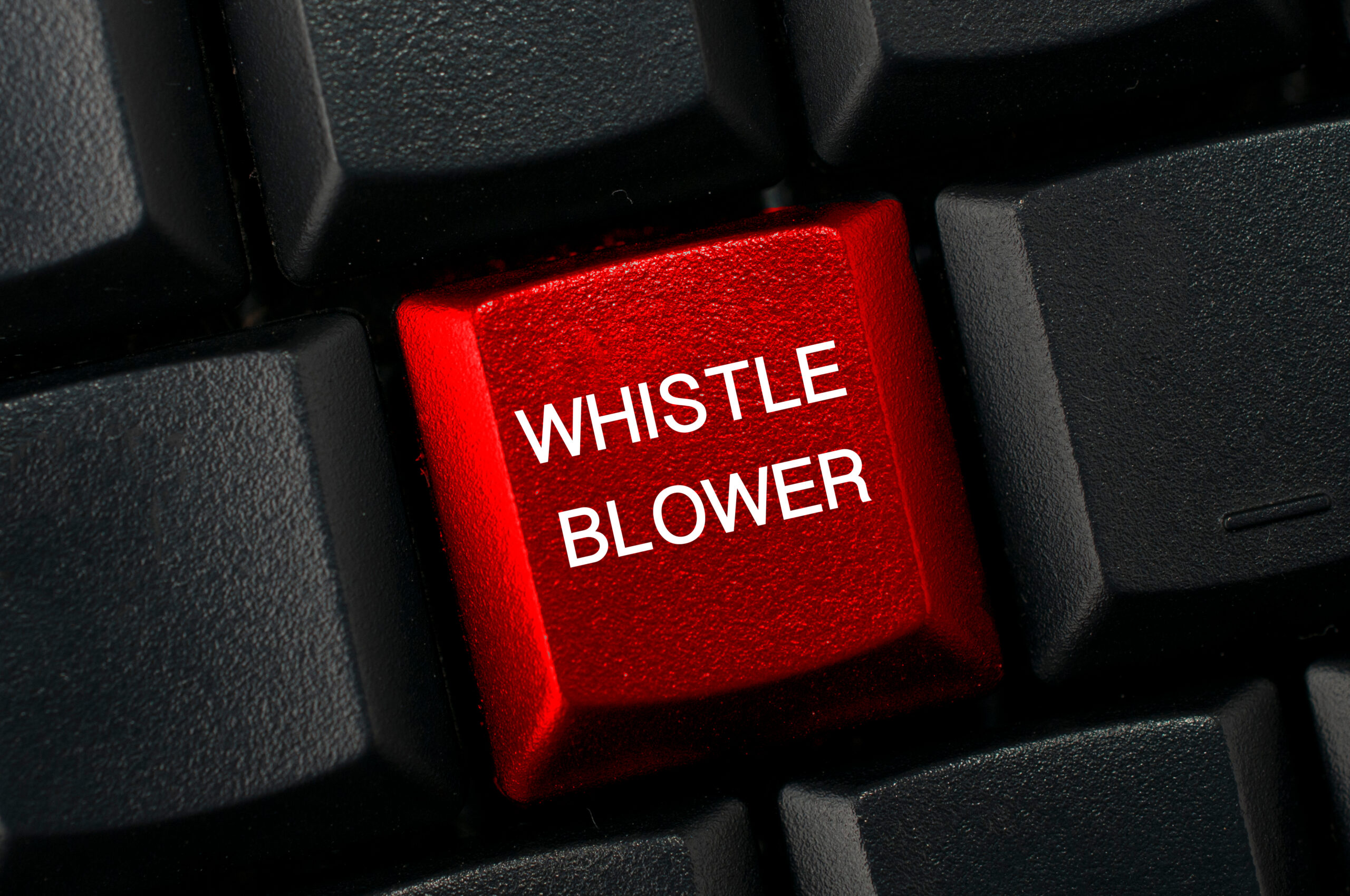The IRS Whistleblower Program helps boost the “fair and effective enforcement of our nation’s tax laws and the success of our voluntary tax system.” The IRS Whistleblower Program is dependent on people who become aware of tax fraud and tax non-compliance and report that information to the IRS. As per the IRS: “people with firsthand knowledge of non-compliance who are willing to share what they know with us so we can investigate it when warranted. Since 2007, the Whistleblower Office has paid out more than 2,500 awards to whistleblowers totaling over $1.05 billion and has led to the successful collection of $6.39 billion from non-compliant taxpayers”. The Whistleblower Program is of the outmost importance to the IRS given the role that it plays in assisting with tax compliance and narrowing the tax gap. IRS is focused on the continuance on making improvements to this important program and looking for ways to raise awareness about the program for potential whistleblowers. Of note, in 2019, under the “Taxpayer First Act”, protection was made available for whistleblowers against retaliation (Anti-retaliation whistleblower protection for employees).
The IRS will pay an award of at least 15 percent, but not more than 30 percent of the proceeds collected attributable to the information submitted by the whistleblower. Although there is an award for referrals that are specific, timely and credible, Individuals making the referrals need to understand that whistleblower awards can only be paid after a “taxpayer has exhausted all appeal rights, paid the taxes and other amounts, and the taxpayer can no longer file a claim for refund or otherwise seek to recover proceeds from the government. That process may take up to 10 years or more to complete”.
Internal Revenue Code section 7623 provides for awards when the IRS acts based on a whistleblower’s information
To qualify for the IRC section 7623(b) award program, the information must:
- Relate to a tax noncompliance matter in which the tax, penalties, interest, additions to tax, and additional proceeds in dispute exceed $2,000,000; and
- Relate to a taxpayer, and for individual taxpayers only, one whose gross income exceeds $200,000 for at least one of the tax years in question.
Individuals must use IRS Form 211 (Application for Award) and ensure that it contains the following:
- A description of the alleged tax noncompliance, including a written narrative explaining the issue(s).
- Information to support the narrative, such as copies of books and records, ledger sheets, receipts, bank records, contracts, emails, and the location of assets.
- A description of documents or supporting evidence not in the whistleblower’s possession or control, and their location.
- An explanation of how and when the whistleblower became aware of the information that forms the basis of the claim.
- A complete description of the whistleblower’s present or former relationship (if any) to the subject of the claim (for example, family member, acquaintance, client, employee, accountant, lawyer, bookkeeper, customer).
- The whistleblower’s original signature on the declaration under penalty of perjury (a representative cannot sign Form 211 for the whistleblower) and the date of signature.
The ten most common allegations submitted under the Whistleblower Program in Fiscal Year 2021 are:
- Unreported Income
- General Allegations of Fraud, Tax Fraud, Wire Fraud, Insurance Fraud, Etc.
- False Dependent Exemptions
- Employee vs. Subcontractor
- Failure to File
- Wage Under Reporter
- Capital Gains Tax
- Wages Being Paid in Cash/Under the Table
- Rental Income
- False Deductions/Expenses
IRS Publication 5251 – The Whistleblower Claim Process
IRS Publication 5251 (revised by the IRS September 2022 and posted 9/19/22) explains the Whistleblower claim process in detail and addresses questions such as: what happens to a claim after the IRS receives it, the process timeline, communicating with the Whistleblower Office after a claim is submitted and how to request more information regarding an award determination.
Individuals participating in the IRS Whistleblower Program ought to understand that a “representative” cannot sign Form 211. The individual making the referral under the Program signs under Penalty of Perjury, declaring that they have examined the application, all accompanying statement and supporting documentation, and, to the best of their knowledge and belief, they are true, correct, and complete. ©


